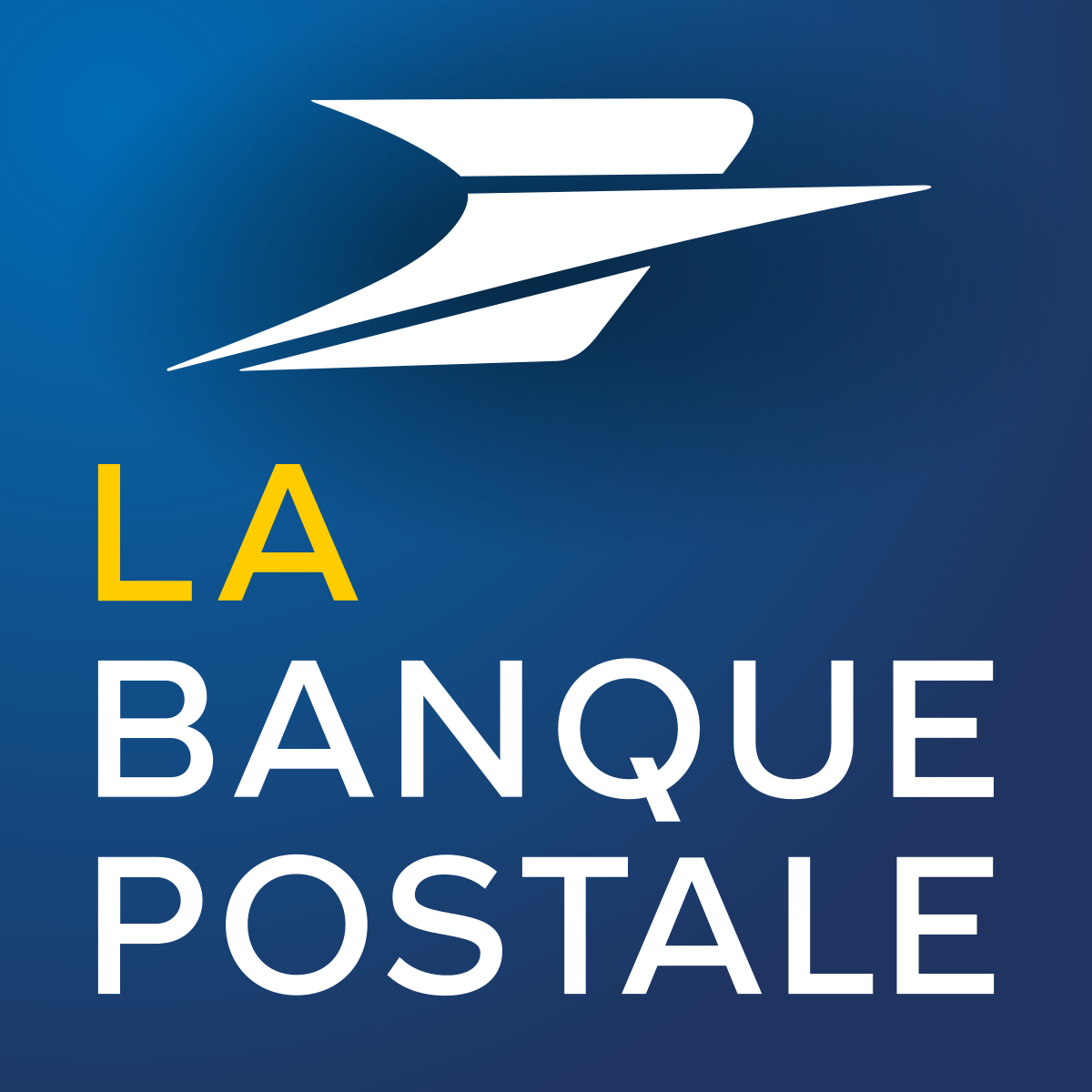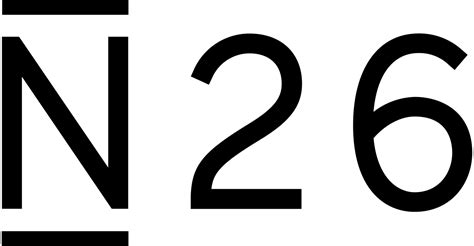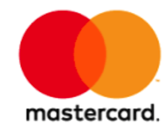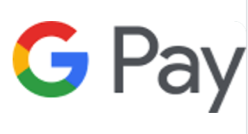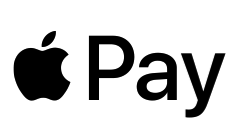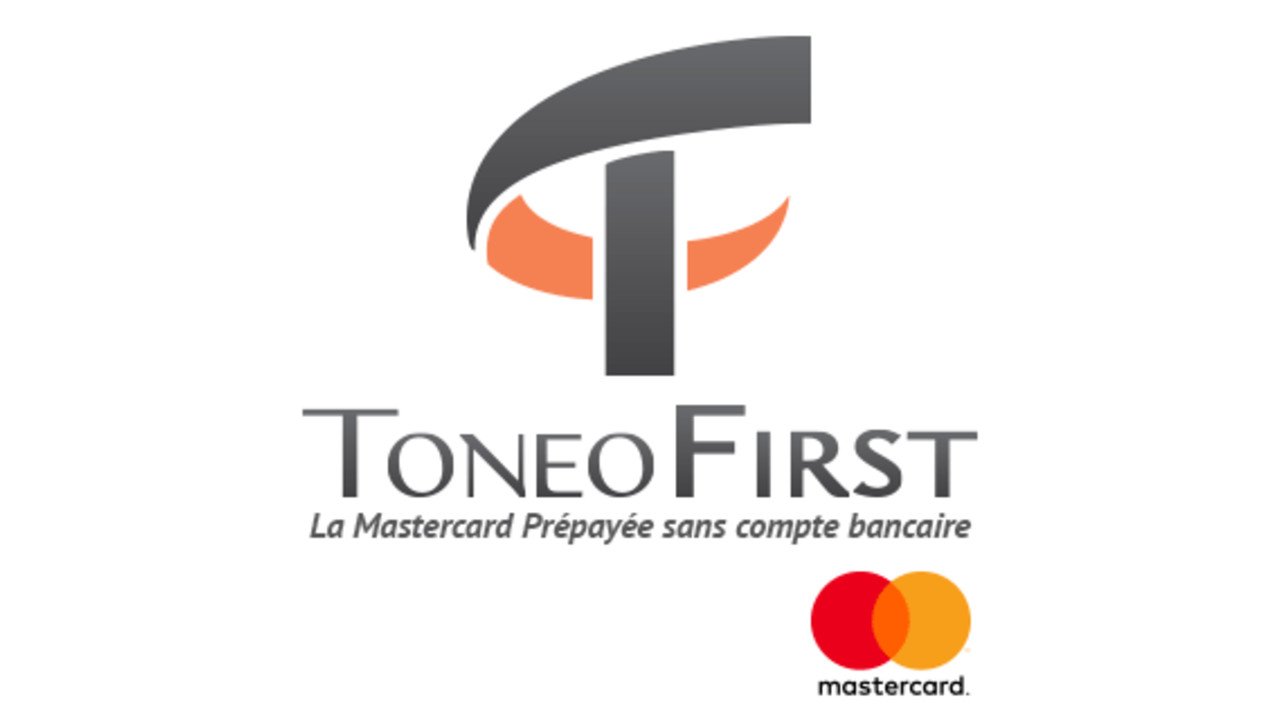Summary
The global prepaid card market has seen significant trends and growth from 2020 onwards. According to Worldpayglobal data, by 2022, e-wallets will dominate online payment methods worldwide, accounting for49%, compared with just 29% in Europe, reflecting the region's preference for debit cards, bank transfers and deferred payments. In physical outlets, there is also a clear shift towards e-wallets, with projected growth from 25.7% in 2020 to 43% by 2026.
Regionally, the Middle East and Africa lead the way in prepaid card usage, with a market share of 4% online and 6.2% in POS in 2020, with overall usage set to decline, except for POS payments in North America, Europe and Latin America.
The French prepaid card market reflects this diversity and accessibility, with key players such as Nickel de62 million and showing substantial year-on-year growth, reaching around 3.6 million accounts by September 30, 2023, marking a 25% increase on the same period in 2022. Cashless payments have also increased, reaching 30.6 billion transactions in 2022, with bankcards the first choice of French consumers, rising from 56.9% to 59.6% of cashless transactions.
Contactless payments have also increased, accounting for 61% of proximity card payments in 2022, meaning that the population is turning to digital payment solutions
The French prepaid bankcard market: Evolving demand and emerging trends
The French prepaid bankcard market, reflecting a global trend towards alternative payment methods, shows a growing pree-wallets and regular use of debit and credit cards. The use of e-wallets in France, while not as dominant as globally, still represents a significant share of almost 30%, suggesting a shift in favor of digital wallets over traditional banking methods. This movement parallels the resistance of bankcard use, which remains predominant in cashless transactions in France.
Against this backdrop, demand for prepaid bankcards persists, meeting a variety of consumer needs. They are ideal for parents who want to teach their children about financial management from an early age. What's more, these cards are becoming much-appreciated gifts, in line with the popularity of gift cards. Worldwide, their use in physical outlets is expected to remain relatively stable at around 3.4% in 2020, with a slight increase forecast in North America, Europe and Latin America.
In France, the prepaid card landscape stands out for its diversity and accessibility. Sought-after for their convenience and control over spending, these cards appeal to a wide audience, including the unbanked and those concerned about the security of online transactions. France has seen a growth in non-liquid means of payment, particularly since the health crisis, with card payments now accounting for over 60% of all cashless payments. French consumers have a high level of confidence in non-liquid means of payment, with bankcards being the most reliable and widely used, while prepaid cards enjoy a high level of trust (89%), reflecting a strong perception of their security and reliability. This confidence is underpinned by the steady number of e-money establishments, which has tripled between 2014 and 2021.
The growing use of contactless payments in France, which will reach 60% by volume from 2022, underlines society's focus on convenience and hygiene, partly due to the COVID-19 pandemic. Prepaid cards have followed suit, offering additional security, catering to specific uses and providing different levels of anonymity depending on the place of purchase.
Despite their versatility, it is essential to draw attention to the different costs associated with prepaid bankcards, which determine consumer choices based on fees linked to management, withdrawals, foreign transactions and card loading.
The market abounds in a variety of offers, providing a range of services to suit different needs, from standard prepaid offerings to more specific products such as payroll.
The prepaid bankcard landscape is dotted with a wide variety of players, each carving out a niche in response to consumers' diverse financial needs. From traditional banks expanding their digital footprint to neobanks redefining banking convenience, the prepaid card market is brimming with innovation and consumer-centric offerings.
- Nickel - Making banking services accessible Nickel is one of the players that has made the most progress in this area. Run under the banner of La Financière des Paiements Électroniques (FPE), Nickel presents itself as a practical solution for those who need simple, no-fuss banking services. Despite its integration into the BNP Paribas accounts and the absence of separate financial figures, Nickel's appeal is evident in its growing European presence - with successful launches in Germany, Spain, Belgium and Portugal.
- Revolut - Neobanking pioneer Revolut continues to symbolize the neobanking revolution. Renowned for its seamless interface and comprehensive financial management tools, Revolut has not only attracted tech-savvy customers, but also those seeking an international banking experience without the traditional barriers.
- N26 - Redefining the user experience Similarly, N26, another pioneering neobank, has attracted attention for its user-friendly platform and transparent pricing structure. It demonstrates how neobanks are leveraging technology to offer more personalized financial services.
- PCS - Personalized prepaid solutions Prepaid card specialists like PCS offer a plethora of options, from PCS Chrome to PCS Black, all tailored to different consumer habits and needs. Their versatility ensures that, whether you're a budget-conscious student or a traveler navigating between different currencies, there's a variant designed for you.
- Transcash - focused on financial inclusion Transcash has positioned itself as a facilitator of financial inclusion, with its Access and Max offers aimed at people outside the traditional banking sphere. Their prepaid solutions emphasize ease of access and management, illustrating their commitment to democratizing financial services.
- Veritas - Priority to cardholder security Veritas is a strong advocate of security in the prepaid space. While offering basic card services, it focuses on protecting cardholder information and offers additional services such as reduced exchange and withdrawal fees, thus attracting security-conscious customers.
- La Banque Postale - combining tradition and convenience La Banque Postale, with its historical roots and modern vision, did not hesitate to enter the prepaid market. It continues to provide reliable services.
to understand this market
Detailed content
 Inforamtion
Inforamtion
- Number of pages : 30 pages
- Format : Digital and PDF versions
- Last update : 02/01/2024
 Summary and extracts
Summary and extracts
1 Market overview
1.1 Market overview and definition
According to the Banque de France,prepaid bank cards are payment cards that store electronic money. Prepaid cards are defined as "cards that allow you to have a limited amount of money at your disposal". They are reserved exclusively for private individuals, and some of them are linked to a payment account rather than a real bank account. One of the major differences is that with these accounts, there are no authorized overdraft facilities. Gift cards", "reloadable cards" or "cards for protected persons" are prepaid cards, and the term "reloadable card" has most recently replaced "prepaid bank card". They can be multi-purpose, or have a specific use.
There are many reasons why a consumer might use a prepaid card rather than a more conventional card. Here is a non-exhaustive list:
- For children's education: There is no minimum age for using a prepaid card. This means that parents who want to start educating their children in money management can offer them without risk, as there is no overdraft.
- For gifts: They're a great gift idea, just like the gift cards offered by major retailers.
- Abroad: They can be used anywhere in the world, which means fewer complications in the event of theft.
- For compulsive spenders: These cards do not allow overdrafts
- For those who don't have a bank account: You don't need to have a bank account, and no credit check is carried out before the card is issued.
Proportionally speaking, payment cards are not one of the most widely used means of payment, but two features have made them popular: come prepaid bankcards are available from tobacconists or convenience stores, and it is also possible to own a card anonymously. However, anonymity has raised many questions, and restrictions have been introduced.
The dematerialization of payment methods with the rise of FinTech and neobanks is forcing prepaid bankcards to reinvent themselves, but they are not lacking in creativity, since since the confinement due to the health crisis and the increase in online purchases, prepaid bankcards are presenting themselves as a solution for securing purchases.
1.2 A fast-growing global market
Payment methods worldwide and in Europe
Distribution of online payment methodsWorld, ****/****, as a percentage
Source: ****
When it comes to online payments, there is a notable variation in payment method preference between the global and European scales. on a global scale, the use of e-wallets is significantly higher than in Europe, where ...
1.3 A fragmented French market
Overview of the French prepaid card market
The French prepaid bank card market ischaracterized by its accessibility and diversity. These cards, which are available to everyone regardless of income or banking status, stand out for their ease of use and security. They are particularly well-suited to people who want to control ...
2 Demand analysis
2.1 The French and means of payment
Distribution of payment methods
The year **** marked a continued increase in the use of non-liquid payment methods, a trend that began with the health crisis. Within the real economy, **.* billion transactions were recorded , totaling around **,*** billion euros. This represents a significant increase on ****, when there were **.* billion transactions totaling **,*** billion ...
2.2 Bank card habits
the bankcard continues to gain ground among payment methods, showing growth in **** in both number of transactions and total value, with increases of **% and **% respectively. Despite this upward trend, the total amount of fraud on cards issued in France has stabilized at *** million euros. This stabilization is mainly attributed to the ...
2.3 Other uses for prepaid bankcards: banking independence for young people, foreigners, people in financial difficulty, etc...
One of the raisons d'être of a prepaid bank card is the access it gives to people in difficulty, whether they are unbanked or bank-deprived (***).
The unbanked
In France, we have seen that in ****, *% of the population will be unbanked, which represents * million French people[***].
The unbanked
A person may ...
2.4 Other uses for prepaid bankcards: banking independence for young people, foreigners, etc...
Prepaid bankcards can therefore be a way of helping people in difficulty, for whom this method is the only way of gaining access to a payment card, but they are not the only ones for whom prepaid bankcards are of interest.
*) For young people:
As children reach adolescence, they start ...
2.5 Prepaid cards: a double-edged sword against fraud
Prepaid cards: the ideal tool for fraud?
The use of prepaid cards, while convenient, has proven to be a channel for various frauds, largely due to the anonymity they allow. Since ****, restrictions have been introduced to limit such abuses, such as money laundering.
After Sala Abdeslam used these cards in the ...
3 Market structure
3.1 A complex structure for prepaid bankcards: payment card and e-money card
The prepaid card has different statuses, and this is reflected in a report by the Banque de France, theObservatoire de la sécurité des moyens de paiement l'épargne réglementée, where the prepaid card appears in several definitions:
"The payment card is a category of payment instrument offering ...
3.2 Prepaid card production and use
Now that we've grasped the concept and category of prepaid cards, let's take a closer look at how they are produced and used:
Production
The bank card is a rectangular piece of PVC (***) containing a chip, a magnetic strip and a number of markings required for security. The main production stages ...
3.3 Main distribution channels
Prepaid cards can be distributed through various channels:
Bank: if the card is associated with a bank account Internet: after signing up with an online bank or neobank, the card is simply delivered to your home, a tobacconist's or a retail outlet. At atobacconist's or convenience store (***): Many cards, such as ...
4 Offer analysis
4.1 The different prices of prepaid bank cards
Here's a summary table of different prepaid bank cards (***).
Source: ****
For the cost of a foreign currency withdrawal, some establishments add a fee based on a percentage of the amount, between *% and *%. There are also ceilings for account loading and withdrawals. Few offers allow you to top up with cheques, and ...
4.2 Different types of products
There are many different products in the prepaid bank card sector: in addition to open-circuit cards, which can fulfil the role of a real bank card, there are numerous closed-circuit or restricted prepaid cards, dedicated to a particular brand or sector. A further distinction can be made between anonymous prepaid cards ...
4.3 Prepaid bank card trends: security, service, design
Enhanced security and flexibility for prepaid cards in ****
Prepaid cards in **** offer enhanced security and flexibility for online payments and everyday transactions. Options like Skrill, Viabuy, and Nickel stand out for their adaptability to different user profiles. Skrill offers free payments in physical stores and online, with various top-up limits of ...
4.4 Fintech: The evolution of prepaid card services
The future of prepaid cards in the context of fintech evolution is marked by several key trends:
Integration with digital technology: Fintechs are transforming prepaid cards by integrating advanced digital functionalities. This includes the increased use of e-wallets and mobile applications to manage funds on prepaid cards. The focus is on ...
5 Regulations
5.1 Credit card regulations
Electronic money
Directive ****/**/UC defines electronic money as monetary value stored on a smart card, such as a prepaid card, accepted by institutions other than that of the issuer. The issuer of this smart card is responsible for exchanging cash of equal value for electronic money, and for implementing safeguards against ...
6 Positioning the players
6.1 Market segmentation
 List of charts
List of charts
- Breakdown of payment methods in physical stores
- Prepaid card share by world region and distribution channel
- Prepaid card share for selected countries
- Breakdown of payment methods, by number
- Breakdown of payment methods, by amount
All our studies are available online in PDF format
Take a look at an example of our research on another market!
Latest news
Companies quoted in this study
This study contains a complete overview of the companies in the market, with the latest figures and news for each company. :
 Choosing this study means :
Choosing this study means :
Access to more than 35 hours of work
Our studies are the result of over 35 hours of research and analysis. Using our studies allows you to devote more time and added value to your projects.
Benefit from 6 years' experience and over 1,500 industry reports already produced
Our expertise enables us to produce comprehensive studies in all sectors, including niche and emerging markets.
Our know-how and methodology enable us to produce reports that offer unique value for money.
Access to several thousand articles and paid-for data
Businesscoot has access to all the paid economic press as well as exclusive databases to carry out its market research (over 30,000 articles and private sources).
To enhance our research, our analysts also use web indicators (semrush, trends, etc.) to identify market trends and company strategies. (Consult our paying sources)
Guaranteed support after your purchase
A team dedicated to after-sales service, to guarantee you a high level of satisfaction. +44 238 097 0676
A digital format designed for our users
Not only do you have access to a PDF, but also to a digital version designed for our customers. This version gives you access to sources, data in Excel format and graphics. The content of the study can therefore be easily retrieved and adapted for your specific needs.
 Our offers :
Our offers :
the prepaid bank card market | France
- What are the figures on the size and growth of the market?
- What is driving the growth of the market and its evolution?
- What is the positioning of companies in the value chain?
- Data from several dozen databases
Pack 5 études (-15%) France
- 5 études au prix de 75,6€HT par étude à choisir parmi nos 800 titres sur le catalogue France pendant 12 mois
- Conservez -15% sur les études supplémentaires achetées
- Choisissez le remboursement des crédits non consommés au terme des 12 mois (durée du pack)
Consultez les conditions du pack et de remboursement des crédits non consommés.





 Revolut: the coming of age of a British success story - 18/01/2024
Revolut: the coming of age of a British success story - 18/01/2024
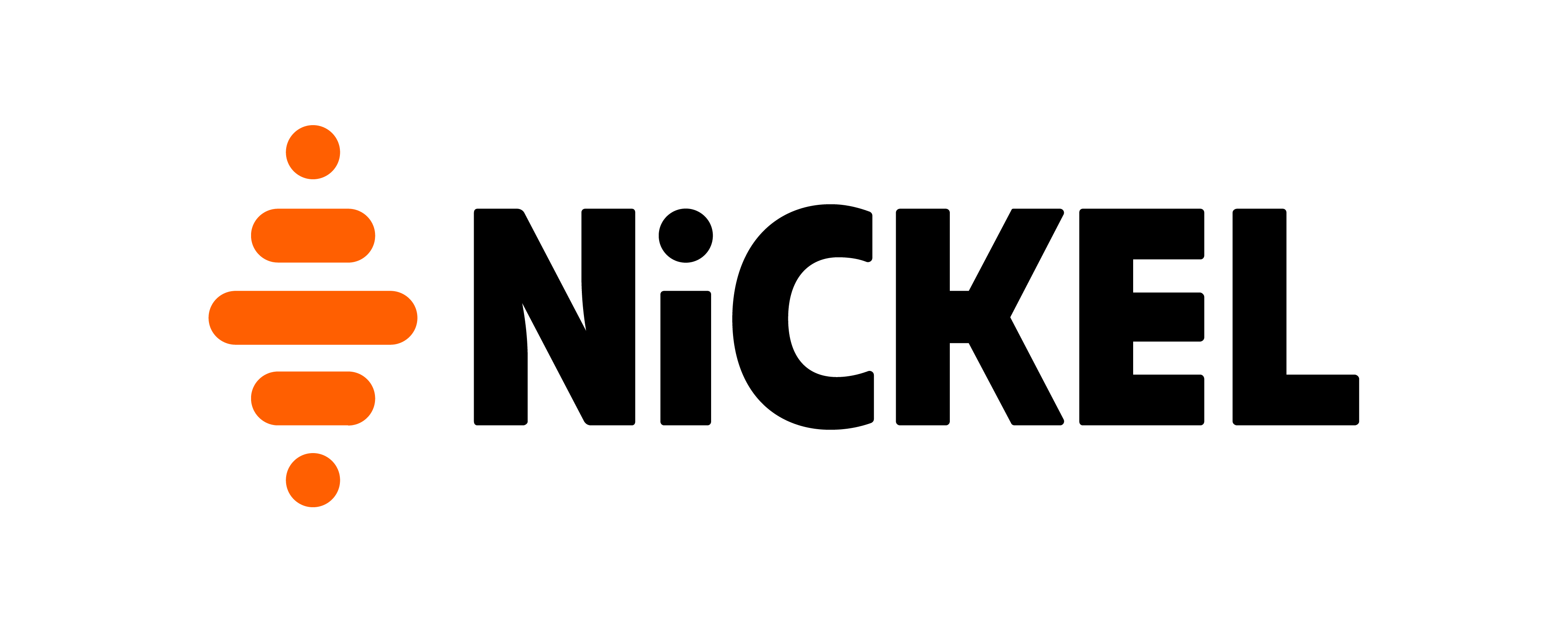 Nickel, the French low-cost bank aiming to conquer Europe - 25/09/2023
Nickel, the French low-cost bank aiming to conquer Europe - 25/09/2023
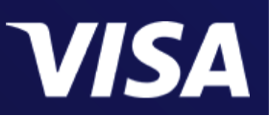 Cartes Bancaires: the French banks' plan to counter Visa | and MastercardCartes Bancaires against Visa and Mastercard - 30/06/2023
Cartes Bancaires: the French banks' plan to counter Visa | and MastercardCartes Bancaires against Visa and Mastercard - 30/06/2023
